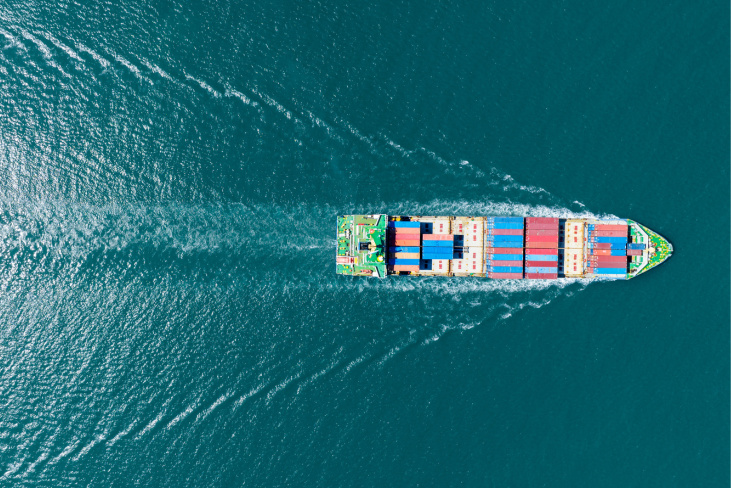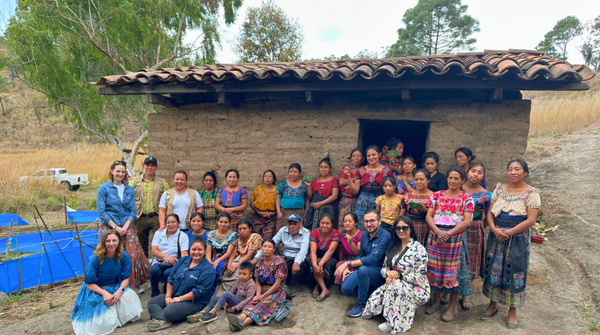Lucky Iron Life Launches Carbon Offsetting Program

Climate change is no longer a distant threat; it’s happening now and affecting us all. Extreme weather events like hurricanes, droughts, and heatwaves are becoming more frequent and intense, leading to loss of life, displacement, and economic disruption. Rising sea levels threaten coastal communities with flooding and erosion, impacting millions of people and critical infrastructure. Climate change worsens food and water insecurity, diminishing agricultural productivity and quality and potentially sparking conflicts over scarce resources. This can lead to higher rates of hunger and malnutrition, including essential nutrient deficiencies like iron deficiency (additional source).
At Lucky Iron Life, we firmly believe that small and medium-sized enterprises (SMEs) can and should participate in the fight against climate change. By adopting sustainable practices, especially within our supply chains, reducing energy consumption and waste, and setting science-based emissions reduction targets, SMEs can drive substantial change. Small businesses also have the power to engage local communities, raising awareness and promoting environmentally friendly behaviours.
The Science Based Targets initiative (SBTi) is a key initiative guiding our efforts. This collaboration, involving organizations like the United Nations Global Compact and the World Wide Fund for Nature (WWF), helps companies align their emissions reduction targets with the Paris Agreement goals to limit global warming.

We are thrilled to announce the launch of our carbon offsetting program in partnership with CNaught and E-shipper. Now, when you make a purchase through our website, your shipping will be automatically offset. Learn more about CNaught and their offsetting projects here. This is a significant step towards our commitment to reducing our emissions, and we invite you to join us in this important initiative.
While the initial SBTi standards focused on direct emissions reductions, carbon credits are now gaining recognition, especially for indirect emissions (Scope 3). Effective carbon offsetting relies on high-quality projects that are additional, immediate, durable, and verifiable. Carbon credits should meet rigorous standards set by reputable third-party organizations, ensuring they represent genuine emission reductions. CNaught has been certified by both Verra and Gold Standard.
However, we know that carbon offsetting should complement, not replace, direct emission reductions. It is most effective when paired with policy measures and technological advancements. Despite criticisms of greenwashing and market transparency issues, successful offset projects like reforestation and renewable energy initiatives prove its potential (source).
At Lucky Iron Life, we are committed to integrating these practices into our operations. While carbon offsetting isn’t a cure all, it is a valuable tool in our comprehensive strategy to reduce global greenhouse gas emissions. Together, we can make a difference.




